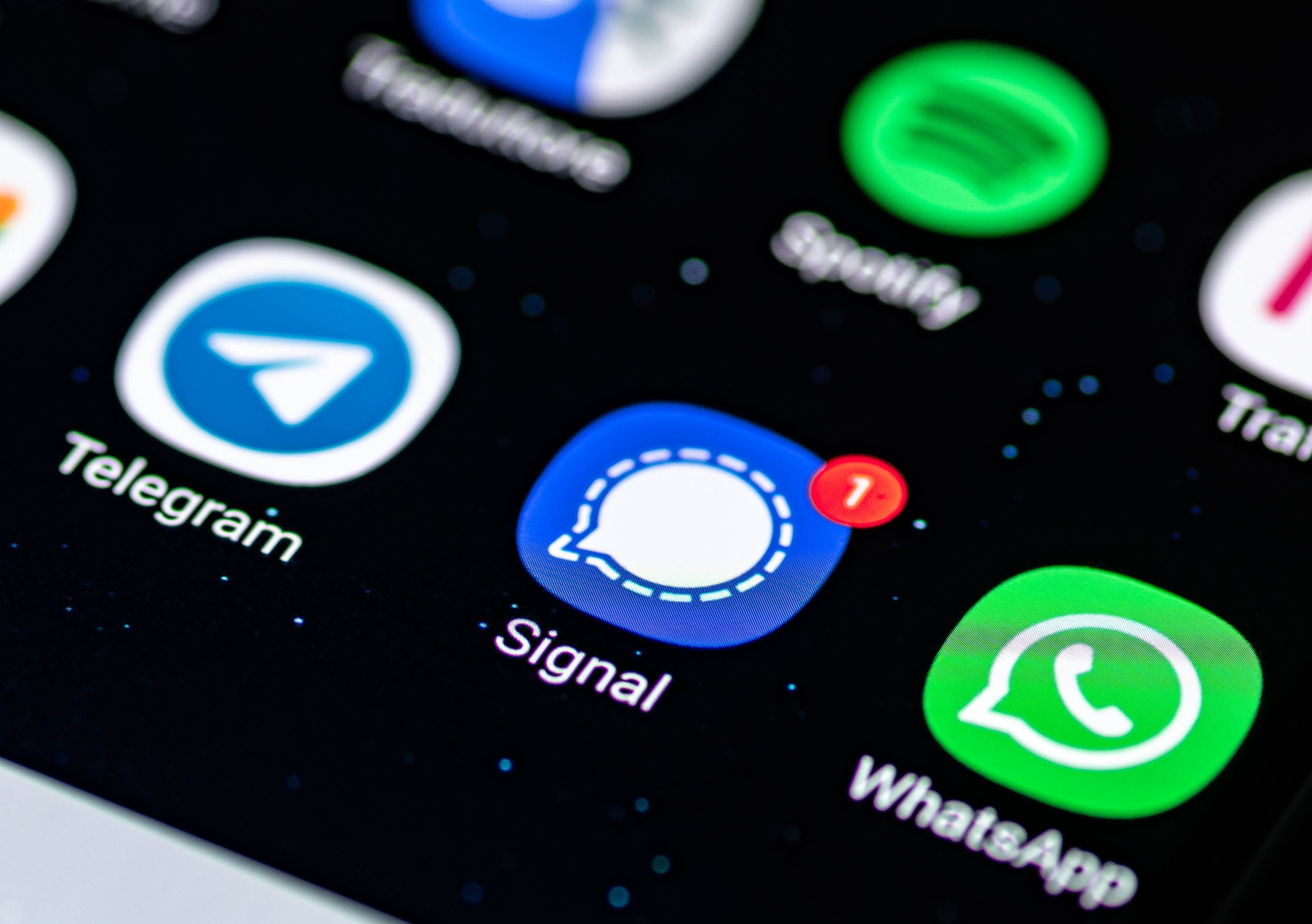 Social media has been a driving force in reshaping how we connect and communicate in the digital age. It has connected us with friends, allowed us to share our lives, and facilitated global conversations. However, a significant shift is occurring within the realm of social media – the rise of private messaging. In this article, we will explore how privatemessage is changing the landscape of social media.
Social media has been a driving force in reshaping how we connect and communicate in the digital age. It has connected us with friends, allowed us to share our lives, and facilitated global conversations. However, a significant shift is occurring within the realm of social media – the rise of private messaging. In this article, we will explore how privatemessage is changing the landscape of social media.
- The Shift to Privacy
Traditionally, social media was synonymous with public sharing. Platforms like Facebook and Twitter encouraged users to share their thoughts, photos, and updates with a wide audience. While this form of communication thrived for years, a growing concern for privacy and data security has led to a shift towards private messaging.
Users are increasingly turning to private messaging apps like WhatsApp, Signal, and Telegram for one-on-one or small-group conversations. These apps provide end-to-end encryption, ensuring that only the sender and recipient can read the messages. The shift to private messaging signifies a desire for more control over who sees our content and a heightened awareness of the need for digital privacy.
- Decline in Public Sharing
As private messaging gains prominence, public sharing on social media platforms is experiencing a decline. Users are becoming more cautious about what they post publicly, fearing potential consequences of oversharing. Additionally, the proliferation of misinformation and online harassment on public platforms has deterred some users from engaging in open conversations.
This shift towards more private and controlled environments allows users to have more meaningful interactions without the fear of judgment or negative consequences. It fosters a sense of intimacy and trust that is sometimes lacking in the public sphere.
- Ephemeral Content
Ephemeral content, or content that disappears after a short period, has become a central feature of private messaging platforms. Apps like Snapchat and Instagram Stories have popularized this form of communication. Users can share photos, videos, and messages that vanish after being viewed, providing a sense of immediacy and spontaneity.
Ephemeral content encourages more authentic and unfiltered sharing, as users are less concerned about curating a perfect online image. This shift towards ephemeral content has also prompted social media platforms like Facebook and Instagram to introduce similar features, recognizing the appeal of this type of interaction.
- The Rise of Chatbots
Private messaging platforms are increasingly integrating chatbots into their services. Chatbots are AI-driven programs that can engage with users in conversations. They are used for various purposes, from customer support to delivering news updates and personalized recommendations.
The convenience of interacting with chatbots through private messaging apps is changing the way businesses and organizations connect with their audiences. Users can access information, make inquiries, and even complete transactions without leaving the messaging app, making for a seamless and efficient user experience.
- The Future of Social Commerce
Private messaging is poised to play a significant role in the future of social commerce. Many social media platforms are exploring ways to facilitate e-commerce within their private messaging features. This includes allowing users to browse products, make purchases, and receive customer support—all within the messaging app.
The combination of private messaging and social commerce has the potential to reshape how we shop and engage with businesses online. It enables personalized shopping experiences and direct communication between customers and brands, enhancing customer satisfaction and loyalty.
- Strengthened Focus on User Privacy
The rise of private messaging has forced social media platforms to prioritize user privacy and data security. Privacy breaches and data scandals have eroded trust in some of the largest social networks. In response, platforms are implementing stricter privacy controls, clearer data policies, and enhanced security features.
This shift towards a more privacy-conscious approach benefits users by giving them more control over their personal information and online interactions. It also puts pressure on companies to be transparent about their data practices and protect user data from unauthorized access.
In conclusion, private messaging is reshaping the landscape of social media by emphasizing privacy, personalization, and meaningful interactions. Users are seeking more control over their online experiences, and private messaging platforms are responding to this demand. As this trend continues to evolve, we can expect further innovations in the realm of social media that prioritize user privacy and enhance the overall digital communication experience.





